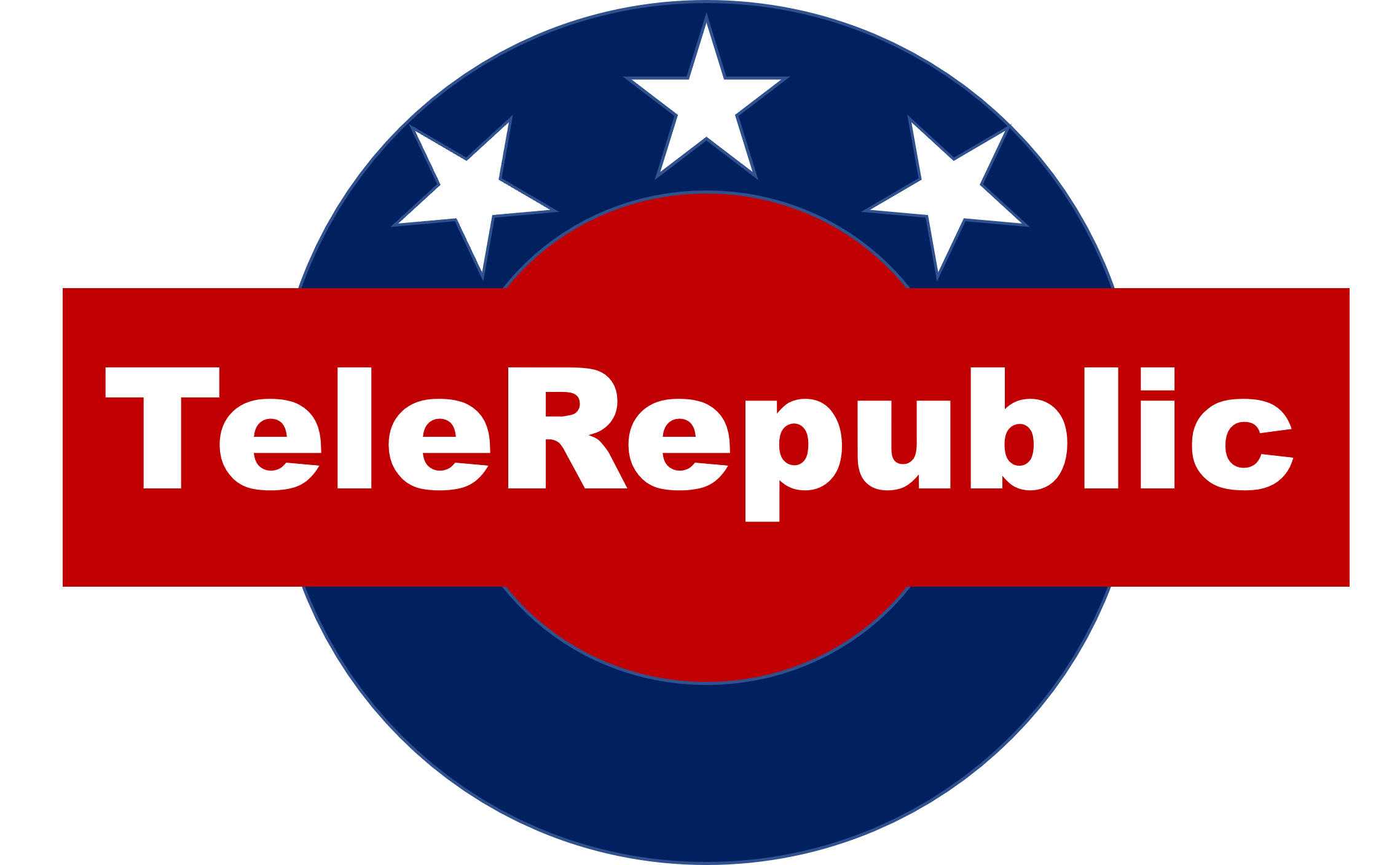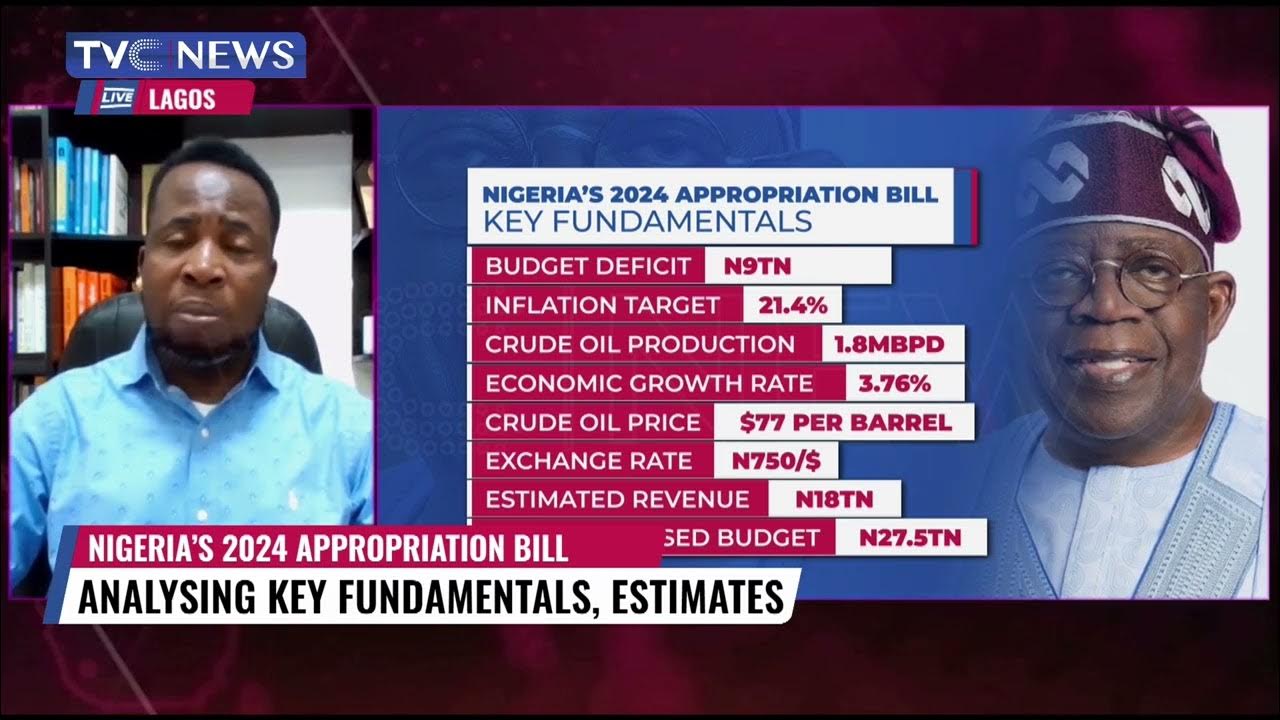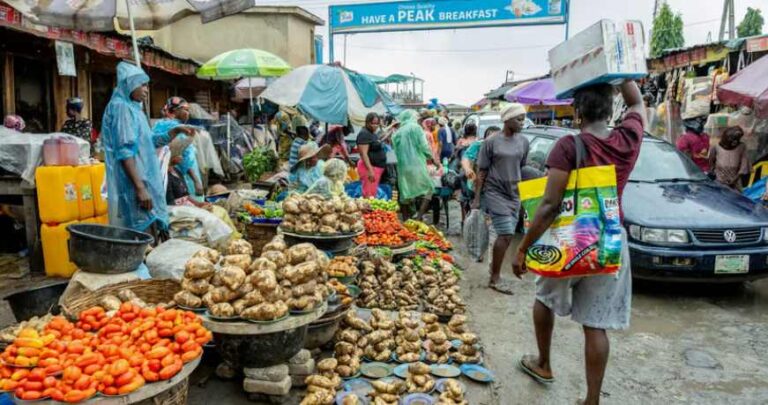Bola Tinubu’s first year in office has been characterized by malfeasance, massive corruption, policy failures, and rampant propaganda. The administration’s reckless governance has led to severe economic decline, and widespread suffering for Nigerian citizens and businesses. This scorecard delves into the painful human impact of these failures across various sectors, highlighting the tragic consequences and broader implications for Nigeria’s global standing.
Industrial Decline and Economic Hardship:
The Manufacturing Association of Nigeria (MAN) has reported that about 767 manufacturing companies shut down operations in 2023, while 335 experienced distress, with 350 billion naira worth of goods unsold. This collapse is attributed to exchange rate volatility, rising inflation, and a deteriorating investment climate. In the meantime, Tinubu’s administration’s backtracking on the Lagos-Calabar coastal road project, after demolishing businesses worth over $200 million, underscores the administration’s incompetence. This has led to significant job losses and economic instability, pushing many families into poverty and exacerbating economic despair.
Bogus Investment Announcements – Eroding Credibility:
The Tinubu administration has repeatedly made false claims about securing large investments. In April 2024, it falsely announced a $600 million investment by Maersk, which was quickly denounced by the company. The tragedy of TotalEnergies’ $6 billion investment in Angola instead of Nigeria, despite the company’s operations in Nigeria, further highlights the administration’s failures. Furthermore, TotalEnergies plans to invest $600 million in the Republic of Congo in 2024, snubbing the Nigerian oil and gas sector for the second time. These bogus announcements have damaged Nigeria’s credibility on the global stage, deterring genuine investors and exacerbating economic woes.
Soaring Fuel Prices – A Daily Struggle:
The price of petrol has increased from 238.11 naira per liter to 701.24 naira per liter, a 194.5% rise. Diesel prices have also surged by 67.6%. These steep increases have crippled businesses reliant on fuel and severely strained household budgets. Transportation costs and prices for goods and services have skyrocketed, forcing many Nigerians to choose between fuel and other essential needs, deepening economic despair.
Rampant Inflation – Crushing the Poor:
Food inflation has soared from 24.82% to 40.54%, while the overall inflation rate has risen from 22.41% to 33.69%. These increases have drastically reduced the purchasing power of Nigerians, making basic necessities increasingly unaffordable. Widespread hunger and malnutrition are now prevalent, particularly among children and the elderly. The escalating cost of living has forced families to cut back on vital expenditures, worsening their quality of life and pushing many into extreme poverty.
Exchange Rate Volatility – Undermining Stability:
The naira’s depreciation, from $1/461.76 to $1/1479.69, a 220.4% increase, has had severe consequences for the economy. Imported goods have become prohibitively expensive, reducing the availability of essential products. This volatility has deterred foreign investment, stalled economic growth, and led to business closures and job losses, undermining the economic stability of the nation.
Interest Rate Hikes – Stifling Growth:
The interest rate has increased from 18% to 26.25%, making borrowing costs unsustainable for many businesses. This has stifled entrepreneurial activity, leading to numerous business closures. The industrial decline, as reported by MAN, has resulted in significant job losses, further exacerbating economic hardship for Nigerian families.
Public Debt and Fiscal Strain:
Nigeria’s public debt has risen by 11.4%, reaching 97.34 trillion naira. This growing debt burden has constrained the government’s ability to invest in critical infrastructure and social services. The strain on public finances has hampered efforts to address urgent issues such as healthcare, education, and security, worsening the plight of ordinary Nigerians and further destabilizing the economy.
Foreign Policy Failures – Global Embarrassments:
Nigeria’s foreign policy under Tinubu has been marked by a series of missteps and global embarrassments. Despite allowing Emirates to operate flights into Nigeria, the UAE visa ban on Nigerians remains in place. Nigerian students have been thrown off university courses in the UK due to a currency crisis, further damaging Nigeria’s reputation. These failures have reduced Nigeria to a caricature of a nation, undermining its global standing and diplomatic efforts.
Energy Sector Mismanagement – A Perpetual Crisis:
Despite being an oil-producing nation, Nigeria continues to grapple with fuel scarcity. The country should be producing about 70 million liters of petrol per day if all refineries were operational, but the Tinubu administration has failed to ensure consistent fuel supply. The continued payment of fuel subsidies, contrary to Tinubu’s inaugural claims, further strains the economy. Issues of oil theft and pipeline vandalism remain unresolved, contributing to perpetual economic crises and reducing revenue from the oil sector.
Corruption – A Persistent Blight:
Corruption remains rampant under Tinubu’s administration, with high-profile cases involving significant sums of money. The looting of the National Social Investment Programme Agency (NSIPA) fund and other instances of graft reflect a continuity of the massive corruption trend from previous administrations. These practices undermine public trust and divert resources away from essential services and development projects, further entrenching poverty and inequality.
Insecurity and Human Suffering:
The alarming rise in insecurity has been one of the most devastating impacts of Tinubu’s administration. Over 7,500 Nigerians have been killed by terrorists and bandits, while more than 7,000 have been kidnapped. This pervasive insecurity has devastated countless families, disrupted communities, and created an environment of fear and instability. The government’s inability to effectively address these security challenges has eroded public trust and confidence, further compounding the nation’s socio-economic woes.
Education Sector in Crisis:
The education sector has suffered immensely, with universities like the University of Ibadan increasing fees by over 1,000%. The stalled implementation of the student loan program has left many students without financial support. Additionally, armed attacks on educational institutions by militant groups have created an environment of fear, disrupting the education of thousands of students and undermining the future prospects of Nigeria’s youth.
Overall Performance
Grade: F
The scorecard reflects a year marked by severe governance failures under Bola Tinubu’s administration. The dramatic increases in fuel prices, rampant inflation, industrial decline, and escalating insecurity have profoundly impacted Nigerian citizens and businesses. Additionally, the administration’s foreign policy missteps and numerous instances of corruption have further eroded public trust and international credibility.




